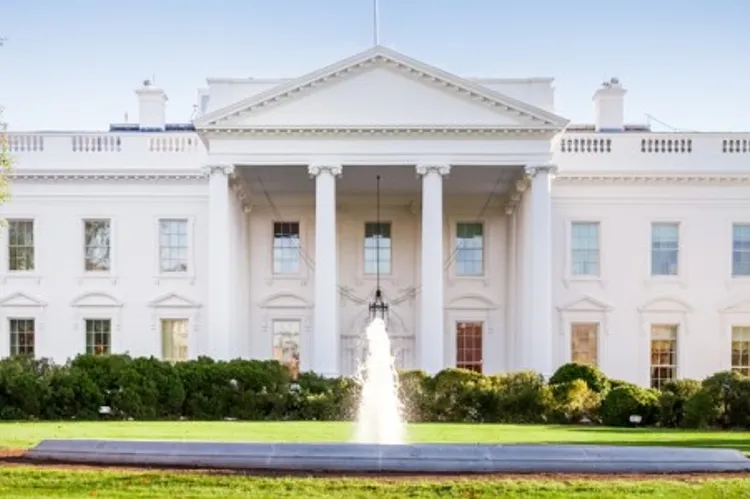President Donald Trump has nominated economist E.J. Antoni, a prominent figure at the conservative Heritage Foundation, to serve as commissioner of the U.S. Bureau of Labor Statistics (BLS). This strategic appointment follows just ten days after Trump’s decisive removal of former BLS commissioner Erika McEntarfer, a move attributed by the President to accusations of manipulating employment data with political motivations. Announcing the selection on Truth Social, Trump stated, "Our Economy is booming, and E.J. will ensure that the Numbers released are HONEST and ACCURATE. I know E.J. Antoni will do an incredible job in this new role."
The nomination is anticipated to trigger a significant Senate confirmation battle and will undoubtedly reignite ongoing debates surrounding the agency’s independence, a critical function given its role in producing some of the world’s most closely watched economic statistics. Antoni, who holds a doctorate in economics, currently holds the position of chief economist at the Heritage Foundation and possesses a substantial background, having previously contributed to the Texas Public Policy Foundation. His expertise extends to labor economics, money, and banking, and he was a key contributor to "Project 2025," the controversial conservative blueprint outlining a comprehensive plan for restructuring the federal government. Over the past several years, Antoni has consistently voiced strong criticism of BLS data, particularly during the Biden administration. He has publicly characterized certain Consumer Price Index (CPI) readings as "phoney baloney," and during the Biden administration, he asserted that the Labor Department operated "in the land of make-believe."
The BLS, a vital division of the Labor Department, is responsible for generating crucial data, including the monthly nonfarm payrolls report and the CPI. These figures exert a profound influence, shaping decisions made by the Federal Reserve regarding interest rates, determining adjustments to Social Security cost-of-living adjustments, and being meticulously scrutinized by global investors. McEntarfer’s abrupt dismissal stemmed from the release of a July jobs report that indicated weaker-than-expected growth and incorporated substantial downward revisions to previous months’ figures. Trump asserted that the report was "rigged" to favor Democrats, a claim widely disputed by economists who reject the notion of political bias within BLS methodology. It’s important to acknowledge that large revisions are a common occurrence due to the timing of the payrolls report, which is released just days after a month concludes, leaving limited time for data collection. These numbers undergo revisions twice in the following months as more employer surveys are received, and they are subject to an annual benchmark revision. Given the BLS’s pivotal role in shaping market expectations, this leadership shake-up has already caused concern among economists and investors, raising serious questions about the potential for political interference in data collection and dissemination. Antoni will also inherit considerable logistical challenges, including declining survey response rates and the ongoing need to maintain the quality of inflation and labor market data, particularly amidst resource constraints. In some regions, funding shortfalls have forced the BLS to impute—rather than collect—up to 35% of prices in the CPI basket, highlighting potential biases.
If confirmed, Antoni will lead a workforce of approximately 2,000 employees, tasked with producing the statistics that underpin much of U.S. economic policymaking. The BLS’s output directly impacts economic forecasting, investment strategies, and government resource allocation. The agency’s independence is paramount to ensuring the integrity and reliability of these crucial economic indicators. Charles Kennedy, writing for Oilprice.com, notes the significant responsibility and challenges that await Antoni in this critical role. The confirmation process will undoubtedly be closely watched, with implications for the accuracy and perceived objectivity of U.S. economic data for years to come.
























